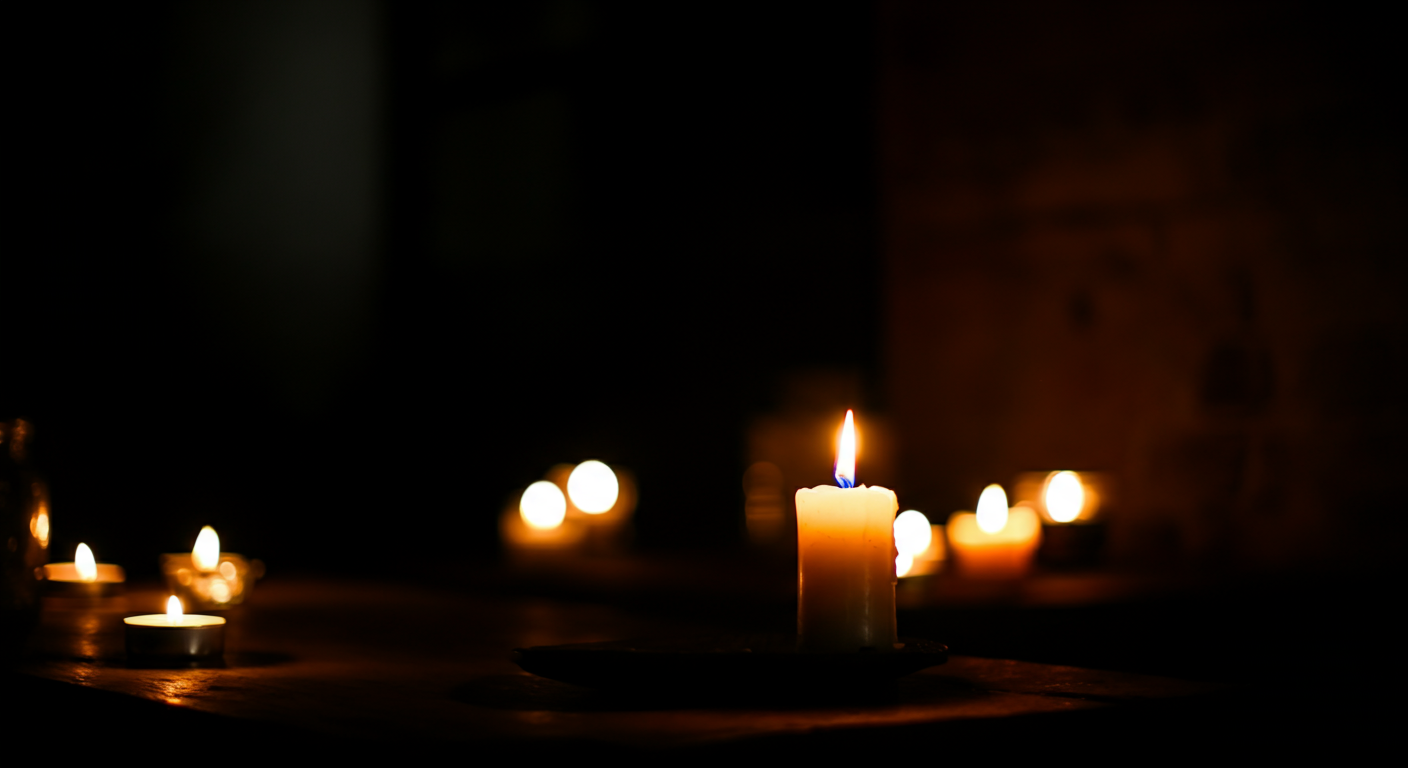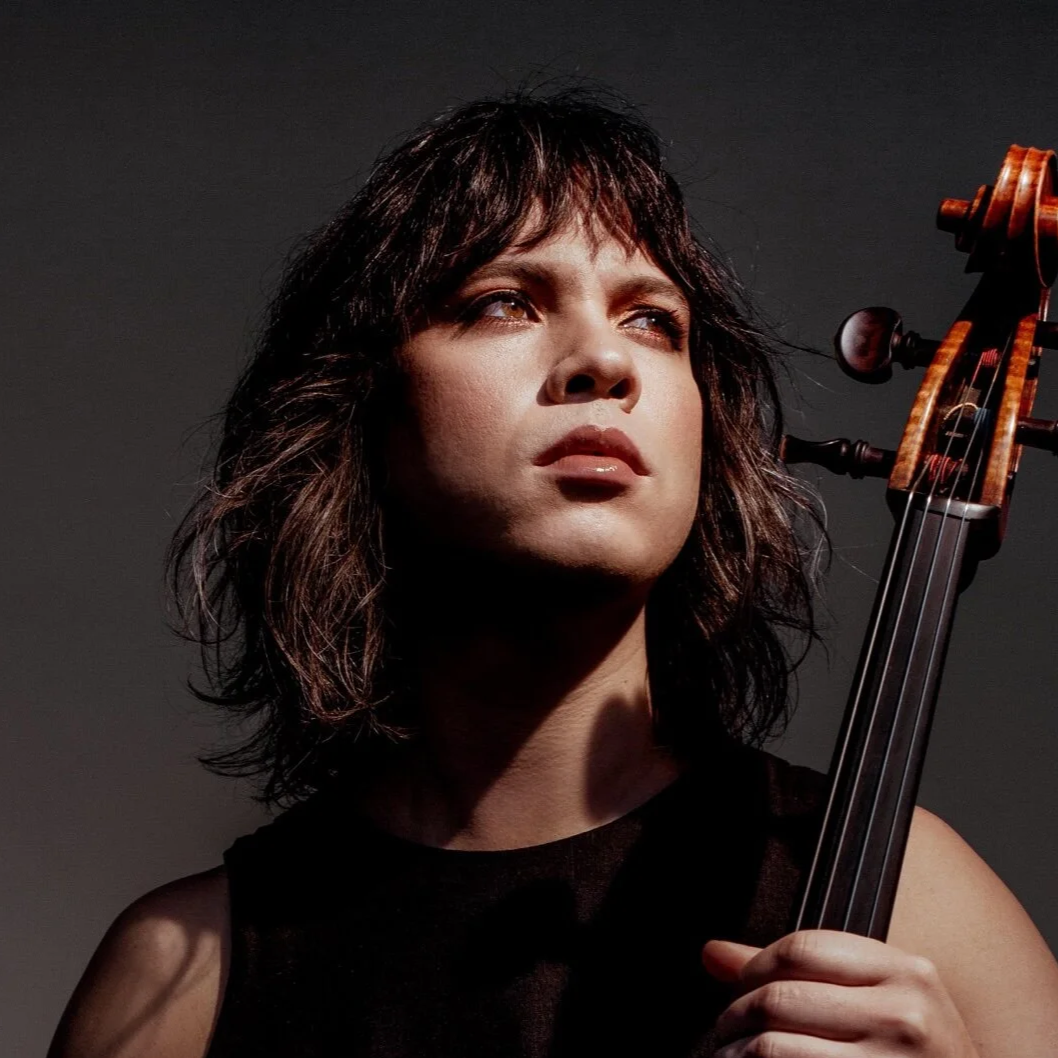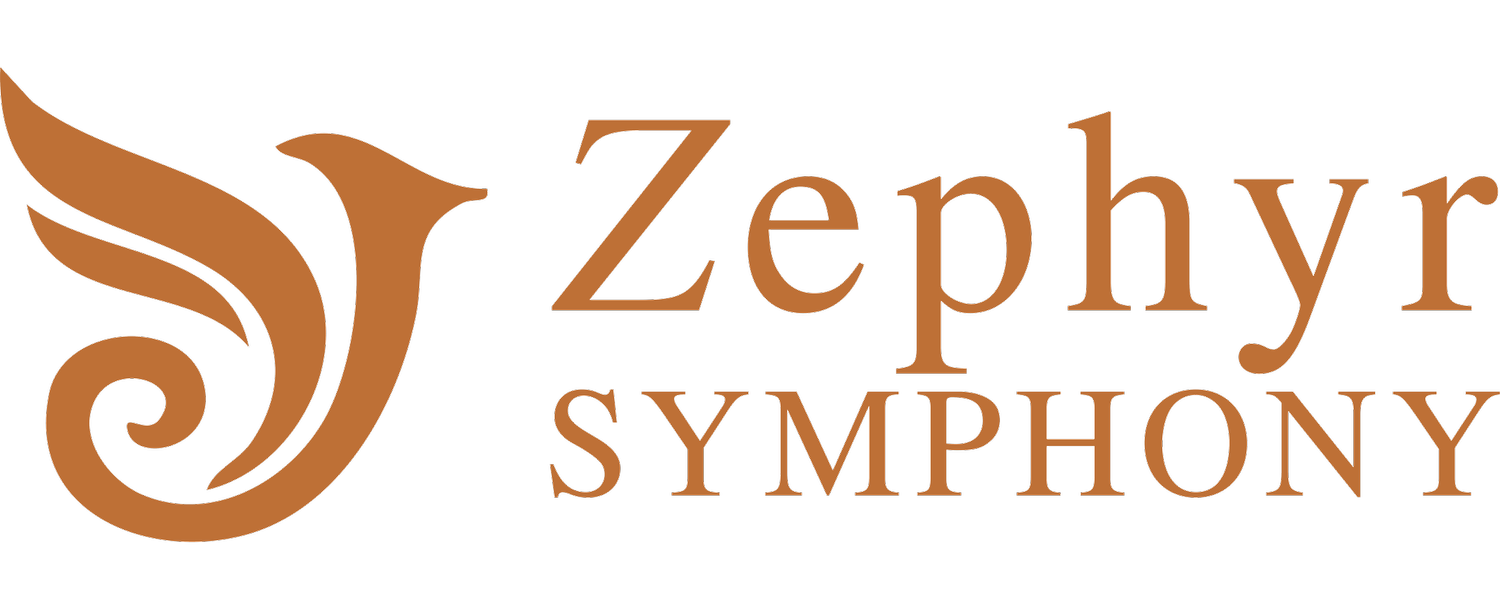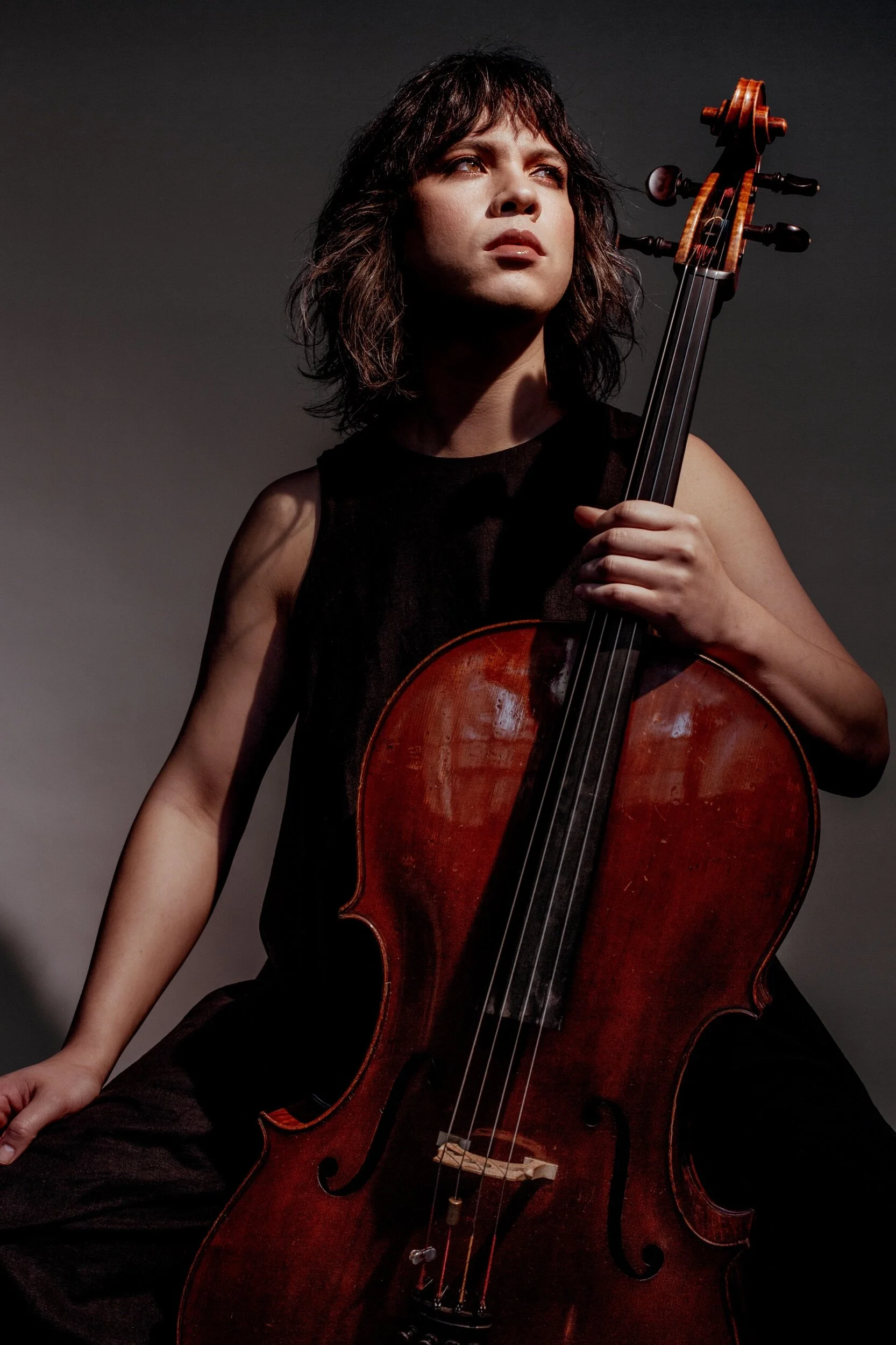
TRANS REQUIEM
November 14, 2026, 7:30 pm
St. Mark’s Church, San Francisco
The Music
-
Banner for solo string quartet and string orchestra (2014)
Banner is a tribute to the 200th Anniversary of the Star Spangled Banner, which was officially declared the American National Anthem in 1814 under the penmanship of Francis Scott Key. Scored for solo string quartet and string orchestra, Banner is a rhapsody on the theme of the Star Spangled Banner. Drawing on musical and historical sources from various world anthems and patriotic songs, I’ve made an attempt to answer the question: “What does an anthem for the 21st century sound like in today’s multi-cultural environment?”
In 2009, I was commissioned by the Providence String Quartet and Community MusicWorks to write Anthem: A tribute to the historical election of Barack Obama. In that piece I wove together the theme from the Star Spangled Banner with the commonly named Black National Anthem Lift Every Voice and Sing by James Weldon Johnson (which coincidentally share the exact same phrase structure). Banner picks up where Anthem left off by using a similar backbone source in its middle section, but expands further both in the amount of references and also in the role play of the string quartet as the individual voice working both with and against the larger community of the orchestra behind them. The structure is loosely based on traditional marching band form where there are several strains or contrasting sections, preceded by an introduction, and I have drawn on the drum line chorus as a source for the rhythmic underpinning in the finale. Within the same tradition, I have attempted to evoke the breathing of a large brass choir as it approaches the climax of the “trio” section. A variety of other cultural Anthems and American folk songs and popular idioms interact to form various textures in the finale section, contributing to a multi-layered fanfare.
The Star Spangled Banner is an ideal subject for exploration in contradictions. For most Americans the song represents a paradigm of liberty and solidarity against fierce odds, and for others it implies a contradiction between the ideals of freedom and the realities of injustice and oppression. As a culture, it is my opinion that we Americans are perpetually in search of ways to express and celebrate our ideals of freedom — a way to proclaim, “we’ve made it!” as if the very action of saying it aloud makes it so. And for many of our nation’s people, that was the case: through work songs and spirituals, enslaved Africans promised themselves a way out and built the nerve to endure the most abominable treatment for the promise of a free life. Immigrants from Europe, Central America and the Pacific have sought out a safe haven here and though met with the trials of building a multi-cultured democracy, continue to find rooting in our nation and make significant contributions to our cultural landscape. In 2014, a tribute to the U.S. National Anthem means acknowledging the contradictions, leaps and bounds, and milestones that allow us to celebrate and maintain the tradition of our ideals.
— Jessie Montgomery
-
Pyotr Ilyich Tchaikovsky — Serenade for Strings in C Major, Op. 48
Composed 1880 | First performance 1881
Among Tchaikovsky’s most beloved works, the Serenade for Strings stands as a masterful fusion of classical elegance and heartfelt lyricism. Written in 1880 during a particularly inspired period, the Serenade reflects Tchaikovsky’s deep admiration for Mozart’s clarity and charm, while unmistakably bearing his own signature emotional richness. He famously noted that he composed the piece “from inner conviction,” a rare statement from a composer often self-critical; the result is music that radiates sincerity and joy.
The four-movement structure evokes a kind of symphonic breadth within the intimate setting of strings alone. The opening Pezzo in forma di sonatina unfolds with noble warmth, a grand chorale-like theme giving way to graceful classical lines. The Waltz that follows has become one of Tchaikovsky’s most enduring creations—buoyant and tender, spun with the effervescent charm that would later make his ballet music so iconic. In the introspective Élégie, time seems to slow: songful lines drift through hushed harmonies in a meditation on beauty and longing. The finale brings spirited brilliance, drawing on a Russian folk tune to propel the Serenade toward a jubilant close.
From its first performance, the Serenade for Strings has captured the affection of musicians and listeners alike. Its glowing sonorities, heartfelt melodies, and architectural grace reveal a composer in full command of his expressive voice. More than a divertimento and more intimate than a symphony, it remains one of the most radiant and uplifting works in the string orchestra repertoire—music that continues to sing with life, warmth, and effusive delight.
-
Trans Requiem is written for trans voices, choir, and orchestra, and it was premiered at Trinity Church Wall Street in New York City on September 18, 2025, as part of NOVUS Trinity’s Renewal series, “Undivided: Music as a vessel for visibility, pride, and belonging.” The project’s purpose is explicit and generous: to amplify the beauty, strength, and dignity of every voice, with particular love for trans communities who are too often spoken about rather than listened to.
Musically and spiritually, Trans Requiem stands in conversation with the centuries-old Requiem tradition, while reshaping it from lived experience. Trinity’s introduction to the work describes it as Yee’s story—“a gift…wrapped in love, empathy, and the hope of healing”—rooted in the sacred mass but reimagined for a community facing grief, erasure, and political hostility. Yee began composing “as an act of mourning,” refusing to rush past sadness; the score moves through lament, witness, and resolve toward a communal affirmation of worth.
-

Andrew Yee, cello/composer
-

Breanna Sinclairé, soprano
-

Katherine Goforth, voice
Andrew Yee and Trans Requiem
GRAMMY-winning cellist and composer Andrew Yee—well known from the Attacca Quartet—has created a new large-scale work that reframes one of Western music’s oldest rituals for our present moment. Trans Requiem is written for trans voices, choir, and orchestra, and it was premiered at Trinity Church Wall Street in New York City on September 18, 2025, as part of NOVUS Trinity’s Renewal series, “Undivided: Music as a vessel for visibility, pride, and belonging.” The project’s purpose is explicit and generous: to amplify the beauty, strength, and dignity of every voice, with particular love for trans communities who are too often spoken about rather than listened to.
Musically and spiritually, Trans Requiem stands in conversation with the centuries-old Requiem tradition, while reshaping it from lived experience. Trinity’s introduction to the work describes it as Yee’s story—“a gift…wrapped in love, empathy, and the hope of healing”—rooted in the sacred mass but reimagined for a community facing grief, erasure, and political hostility. Yee began composing “as an act of mourning,” refusing to rush past sadness; the score moves through lament, witness, and resolve toward a communal affirmation of worth. Reviewers noted striking dramaturgical choices, including Yee’s replacement of a traditional Dies irae with the defiant movement “Death Before Detransition,” a pivot that turns inherited liturgy toward contemporary truth-telling.
Beyond its premiere, Trans Requiem functions as a cultural invitation. Yee’s aim is not polemic but presence—radical listening aligned with radical welcome. By centering trans singers within an orchestral-choral canvas, the work insists that the concert hall can be a place of visibility, pride, and belonging—not despite tradition, but by renewing it from within. In this sense, Trans Requiem extends the long arc of the Requiem—from prayer for the departed to a living chorus for the beloved—asking listeners to hold space, to witness, and to imagine a world in which every voice is fully heard.
Yee has called the experience of bringing the piece to life “one of the most important musical experiences I have ever been a part of.” That feeling—artists and audience moving through grief toward solidarity—may be the work’s most lasting music.
Sources: Trinity Church Wall Street program notes and event pages; The Violin Channel announcement; OperaWire feature; Seen and Heard International review.

